Horror Literature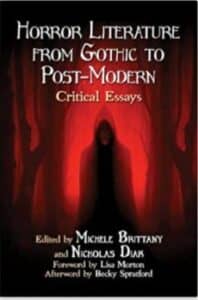 from Gothic to Post-Modern: Critical Essays provides readers with an overview of the genre in print form. One of the recent anthologies published this year by McFarland, it provides a good introduction to the topic as well.
from Gothic to Post-Modern: Critical Essays provides readers with an overview of the genre in print form. One of the recent anthologies published this year by McFarland, it provides a good introduction to the topic as well.
Historically, horror studies in literature (and subsequently in film) is a relatively young area. In recent years it has garnered more respect in academic circles, given the popularity of the genre and the proliferation of scholarly texts on different aspects of horror. In this slim collection, editors Michele Brittany and Nicholas Diak invite new essays from scholars around the world.
The text is organized by four distinct thematic sections: Horror Writers Who Forged New Ground; Spotlighting Horror Writers; Exploring Literary Theory in Horror; and Disease, Viruses and Death in Horror. This allows Brittany and Diak to avoid a more common chronological history of the genre and focus on the particularities of some of its most noteworthy authors or its common tropes.
The first essay examines the work of Anne Radcliffe—whose name not only graces the Horror Writers Association’s (HWA) academic conference at the annual StokerCon, but who also is considered, alongside Mary Shelley, as one of the preeminent voices of the Gothic literature tradition. Other authors discussed in the volume include Marjorie Bowen, Stephen King, and Richard Laymon. Accompanying essays also employ feminist and other theoretical lenses to analyze representations of gender, trauma, and monstrosity.
Perhaps the most interesting chapters revolve around a discussion of zombies, Jan Kott, and Samuel Beckett by Loyola Marymount University professor Kevin J. Wetmore Jr., and Fans of Japanese Horror may also enjoy chapters on The Ring and Pulse. But the most invaluable inclusions are the collection’s introduction and afterward because they solidify the importance of horror studies. Former HWA president and author Lisa Morton traces the history of horror scholarship in the introduction. She provides a concise, informative overview of the topic. Similarly, Becky Spratford details the important role librarians play in not only providing a safe space for horror scholars, but also as being active gatekeepers by improving access to horror scholarship through academic databases and institutional libraries.
If I have one qualm with the volume as a whole, it would be that so much varied content—trying to detail the breadth of scholarship from Edith Burkhead’s 1921 study, or Anne Radcliffe’s 1826 essay on the supernatural (depending to whom you speak) to contemporary criticism—fits within a short 236 pages. One might argue that more space might be required for such an expansive overview; however, there are many elements that contribute to the compiling of edited anthologies that readers many never know about from reading the finished copy, and as such any oversights or shortcomings should not be attributed to the editors of a specific volume.
While McFarland editions tend to cater to both general and scholarly audiences, some of Horror Literature from Gothic to Post-Modern’s essays—including Naomi Simone Borwein’s enthralling examination of Aboriginal horror—may not be suited for more casually interested readers, due to rigorous theoretical analyses employed. Even with a background in theory, I had some difficulty following some of the scholarly arguments. However, that should not deter, but rather encourage, those interested in the subject to purchase the book because of the wealth of information found within.
Overall, Brittany and Diak’s edited collection is an engaging, if occasionally unwieldly, read. I would also recommend those who enjoy their work to pick up a copy of Brittany’s latest edited volume, Horror in Space: Critical Essays on a Film Subgenre. Horror Literature from Gothic to Post-Modern is available through McFarlandBooks.com, Amazon, and other online retailers.
9 out of 10 stars


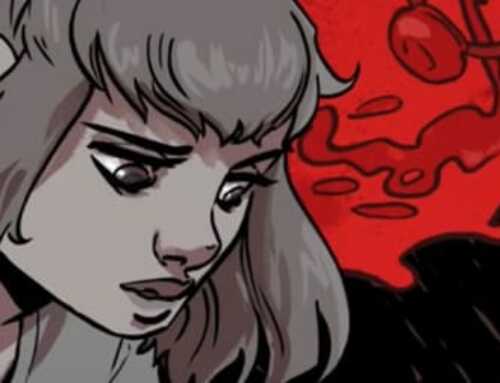
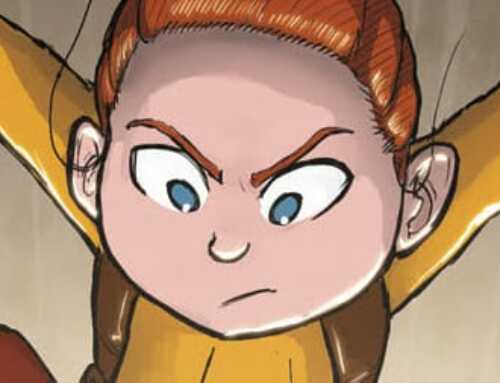
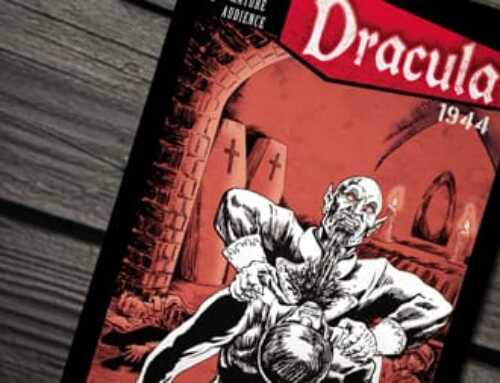
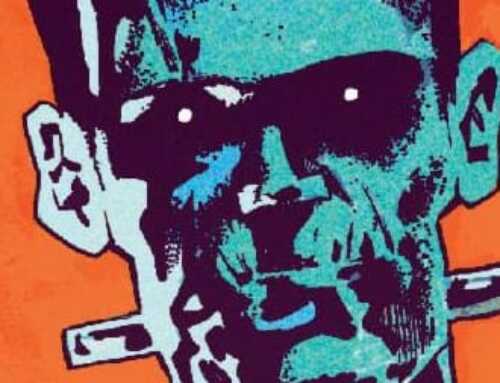
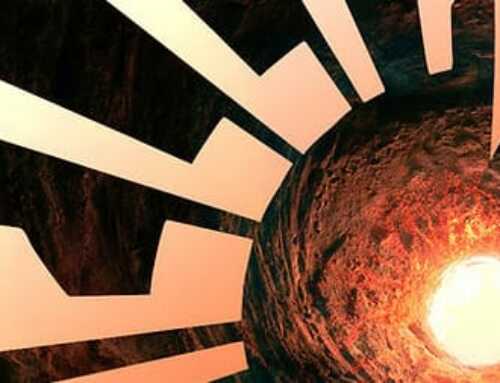
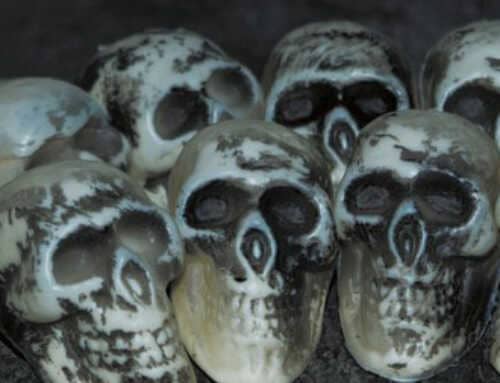
Comments are closed.